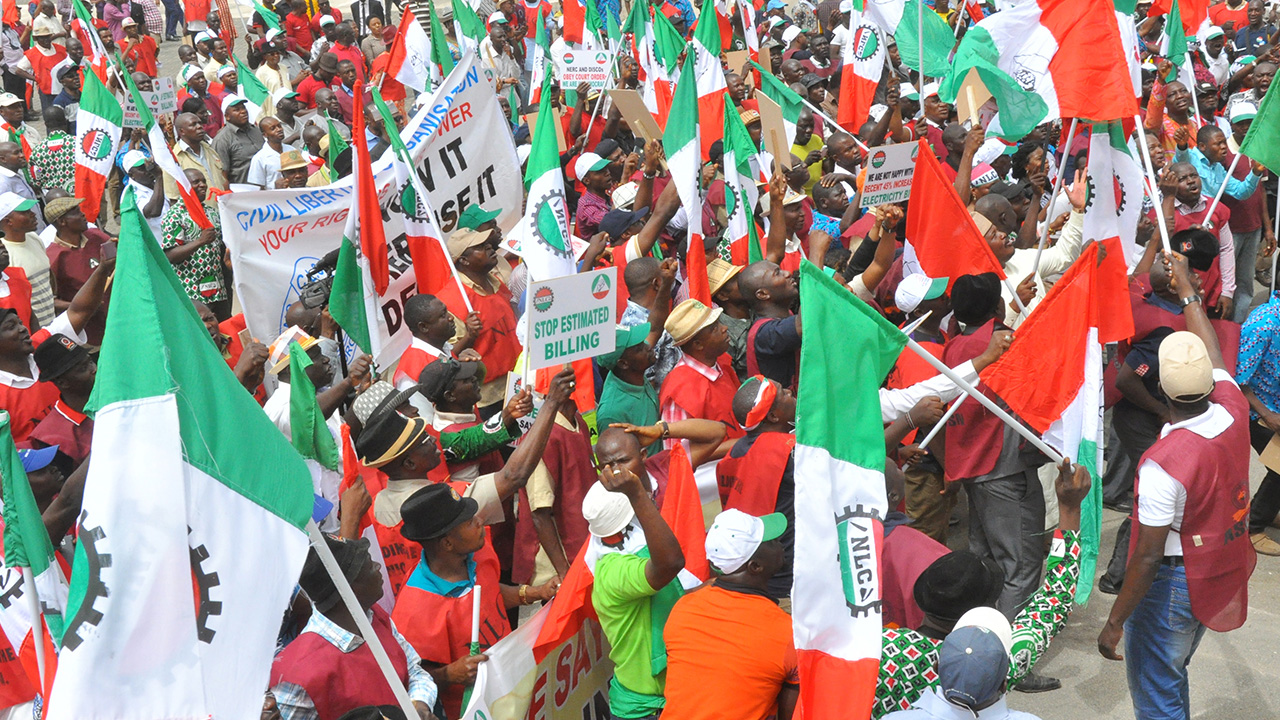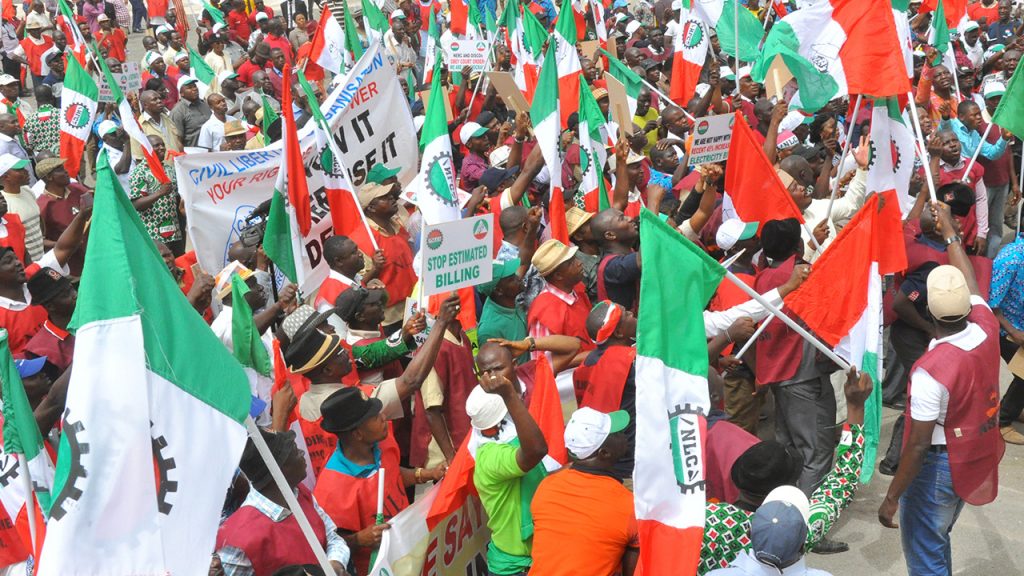Muhammadu Buhari, the President of Nigeria, has said that the strikes which are due to take place on 26 and 27 July are “uncalled for and illegal.’’ The solidarity strikes are in support of academics who have been striking as members of the Academic Staff Union of Universities (ASUU) since 14 February 2022.
This new wave of strikes were sparked by the federal government’s failure to meet the ASUU’s demands. A previous strike in public universities lasted for 9 months in 2020.
The Nigeria Labour Congress (NLC) has said that its members will take part in solidarity strikes next week. As Nigeria’s main umbrella union, the solidarity strikes will affect many big industries, including the oil industry, which will have a knock-on effect on fuel shortages in the country.
The Education Rights Campaign has urged the Trade Union Congress to align its position with the NLC, making the impact of the solidarity strike even wider, as well as calling on students, student unions and student groups to join the protest.
The Nigeria Union of Pensioners has pledged to mobilise its members for the solidarity strike.
However, a breakaway faction of the ASUU, the Congress of Nigerian University Academics (CONUA), has denounced the strike. Ironically, CONUA have condemned poor conditions of service in Nigerian universities alongside repeated inconsistencies with the Integrated Personnel Payroll Information System (IPPIS), which both have led to the ASUU strike.
Conditions of service of academics in Nigeria is one of the worst in Africa.
In a statement, the NLC lists its demands:
- “The Federal Government should immediately conclude the ongoing negotiation with trade unions in Nigeria’s universities and be prepared to commence implementation of whatever Collective Bargaining Agreement arising therefrom so that public universities in Nigeria can resume normal activities
- “The Federal Government should immediately pay the salaries of striking university workers which had been frozen on the premise of the so-called “no work-no pay” policy especially as recommended by the leaders of Nigeria’s two major faiths.
We demand that the Federal Government meets these demands in line with the resolutions of the statutory organs of the Congress.
All the decisions of the NEC have been activated accordingly with a circular to affiliates and state councils of Nigeria Labour Congress.”
Georgina Andrews, is the Student Officer of the YCL




